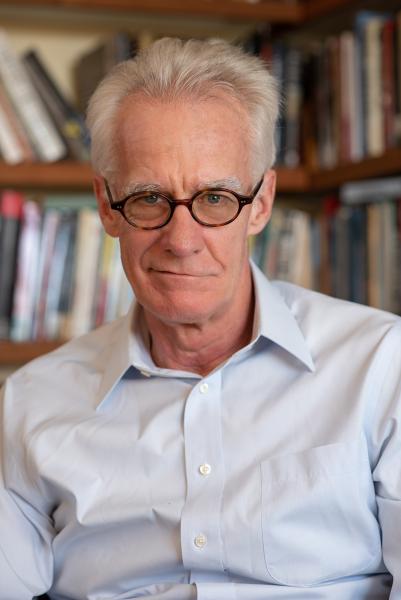Nam Center Colloquium Series | Political Polarization in Korea: Prelude to Backsliding?
Stephan Haggard, Lawrence and Sallye Krause Distinguished Professor of Korea-Pacific Studies, University of California San Diego
Attend in person or via Zoom. Zoom registration at
http://myumi.ch/x78eN
Political polarization is seen as a risk factor for democracies. In this paper (with Yeilim Cheong, Democratization https://myumi.ch/MrQm3), we review twenty years of data on the extent of political polarization in South Korea, linking it to wider debates about democratic backsliding. Although increases in polarization have been relatively modest, they have included differences across new issues, including social ones, and are visible in an increase in affective polarization: dislike across the partisan divide. We show that these changes have been driven largely by movements on the right, and have overlapped with a discourse on democratic backsliding in the country.
Stephan Haggard is Research Professor at the School of Global Policy and Strategy, University of California San Diego. His research on South Korea has focused on the political economy of the country including on the the developmental state (Pathways from the Periphery [1990], The Political Economy of the Asian Financial Crisis [2000]; Developmental States [2018]). His work on transitions to and from democratic rule with Robert Kaufman includes Dictators and Democrats: Masses, Elites and Regime Change (2017) and Backsliding: Democratic Regress in the Contemporary World (2021).
If there is anything we can do to make this event accessible to you, please contact us. Please be aware that advance notice is necessary as some accommodations may require more time for the university to arrange.
Political polarization is seen as a risk factor for democracies. In this paper (with Yeilim Cheong, Democratization https://myumi.ch/MrQm3), we review twenty years of data on the extent of political polarization in South Korea, linking it to wider debates about democratic backsliding. Although increases in polarization have been relatively modest, they have included differences across new issues, including social ones, and are visible in an increase in affective polarization: dislike across the partisan divide. We show that these changes have been driven largely by movements on the right, and have overlapped with a discourse on democratic backsliding in the country.
Stephan Haggard is Research Professor at the School of Global Policy and Strategy, University of California San Diego. His research on South Korea has focused on the political economy of the country including on the the developmental state (Pathways from the Periphery [1990], The Political Economy of the Asian Financial Crisis [2000]; Developmental States [2018]). His work on transitions to and from democratic rule with Robert Kaufman includes Dictators and Democrats: Masses, Elites and Regime Change (2017) and Backsliding: Democratic Regress in the Contemporary World (2021).
If there is anything we can do to make this event accessible to you, please contact us. Please be aware that advance notice is necessary as some accommodations may require more time for the university to arrange.
| Building: | Michigan Union |
|---|---|
| Event Type: | Lecture / Discussion |
| Tags: | Asia, Korea |
| Source: | Happening @ Michigan from Nam Center for Korean Studies, International Institute, Weiser Center for Emerging Democracies, Asian Languages and Cultures, Department of Political Science |


